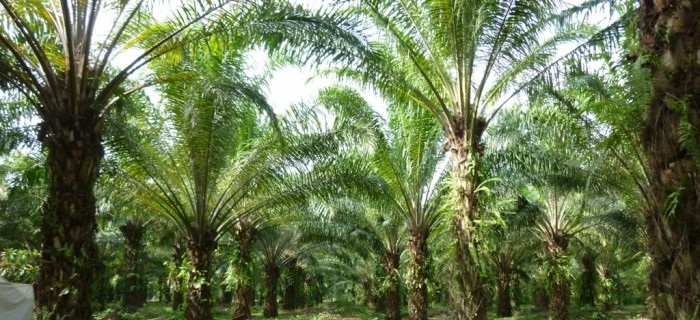From Threat to Opportunity? Problems with the Idea of a “Code of Conduct” for Land Grabbing
In Yale Human Rights and Development Law Journal, Vol. 13, 2010, pp. 507-523
Introduction
The past decades have seen the emergence of a “corporate social responsibility agenda” in response to public and activist criticism of “the impact of transnational corporations (TNCs) in developing countries and on the environment.” This agenda has emerged against the backdrop of shifting perceptions of how the market, the state, and civil society function and ought to function. One prominent version of this agenda has been the World Bank’s advocacy of “good governance” as a “persuasive ethical power that allows for [corporate] self-regulation, making it possible for governments to intervene less intrusively and more efficiently in society.” Voluntary adherence by corporations to good business practices and ethical behavior is a cornerstone of this advocacy, and its most recent incarnation arises in the arena of rural development, focusing on access to land and taking the form of proposals for a Code of Conduct for land deals.
A convergence of global crises (financial, environmental, energy, food) in recent years has been contributing to a dramatic revaluation of and rush to control land, especially land located in the Global South. Transnational and national economic actors from various business sectors (oil and auto, mining and forestry, food and chemical, bioenergy, etc.) are eagerly acquiring (or declaring their intention to acquire) large swaths of land on which to build, maintain, or extend large-scale extractive and agriindustrial enterprises. National governments (and private investors) in “finance-rich, resource-poor” countries are looking to “finance-poor, resource-rich” countries to help secure their own food and energy needs into the future.5 To be sure, land in the Global South has been coveted for multiple reasons, historically. But today, there is momentum building behind an apparently newer idea: that long-term control of large landholdings beyond one’s own national borders is necessary to supply the food and energy needed to sustain one’s own population and society into the future.


 Help Food First to continue growing an informed, transformative, and flourishing food movement.
Help Food First to continue growing an informed, transformative, and flourishing food movement.




